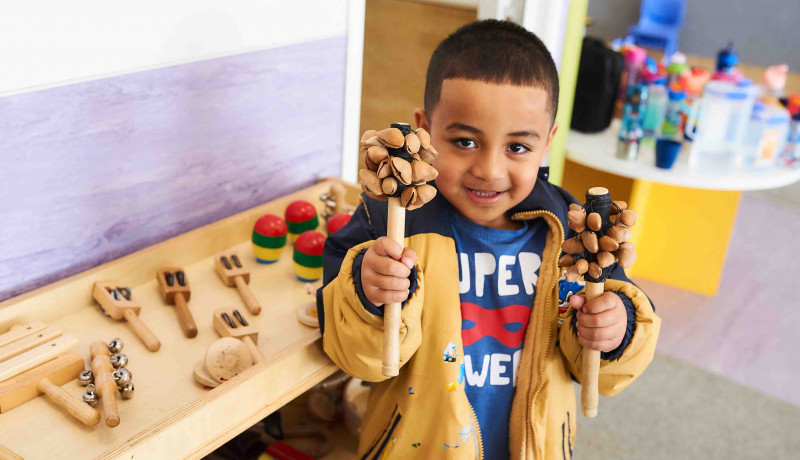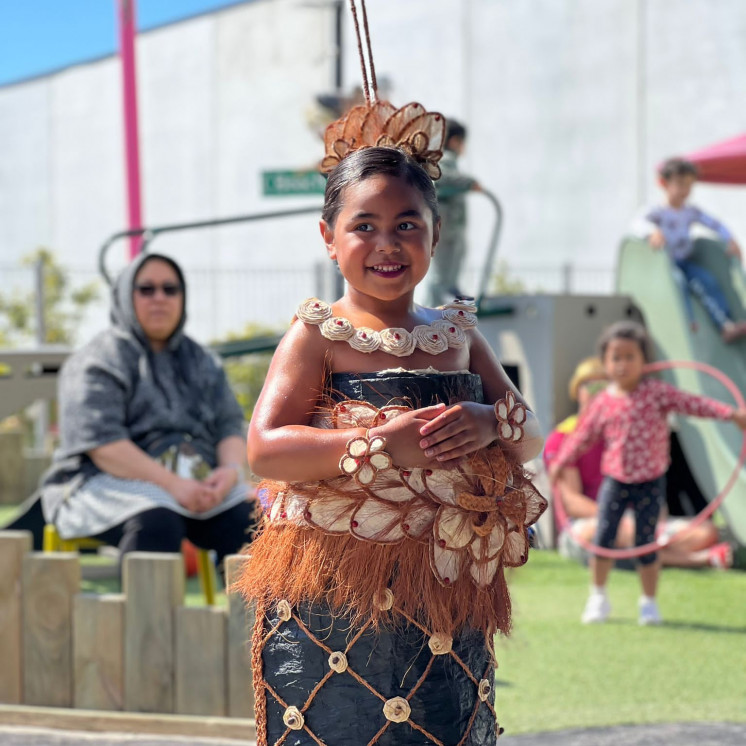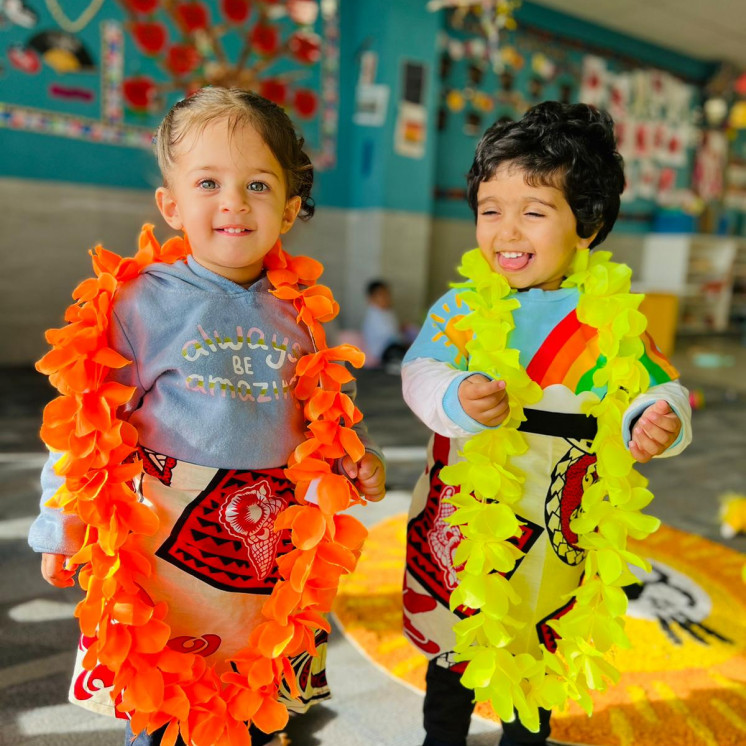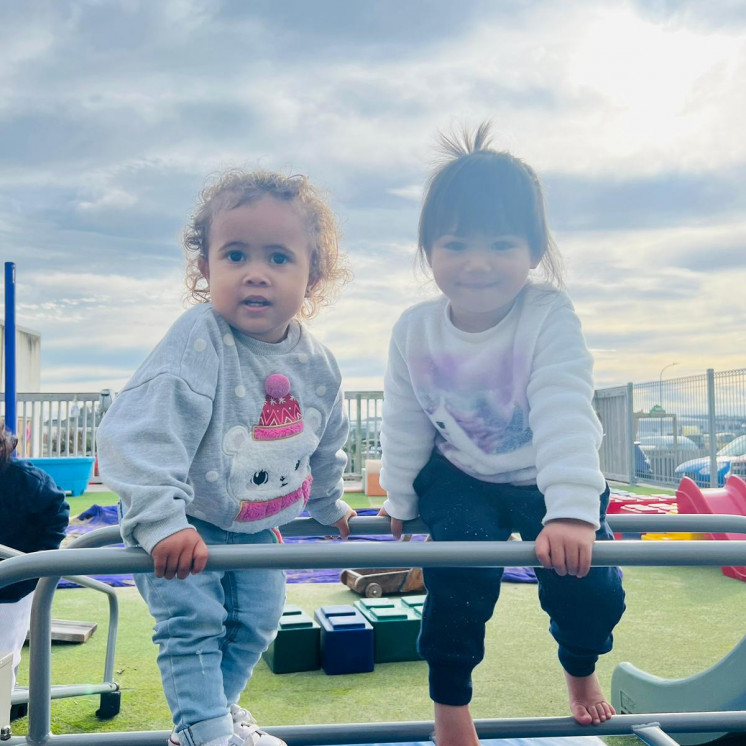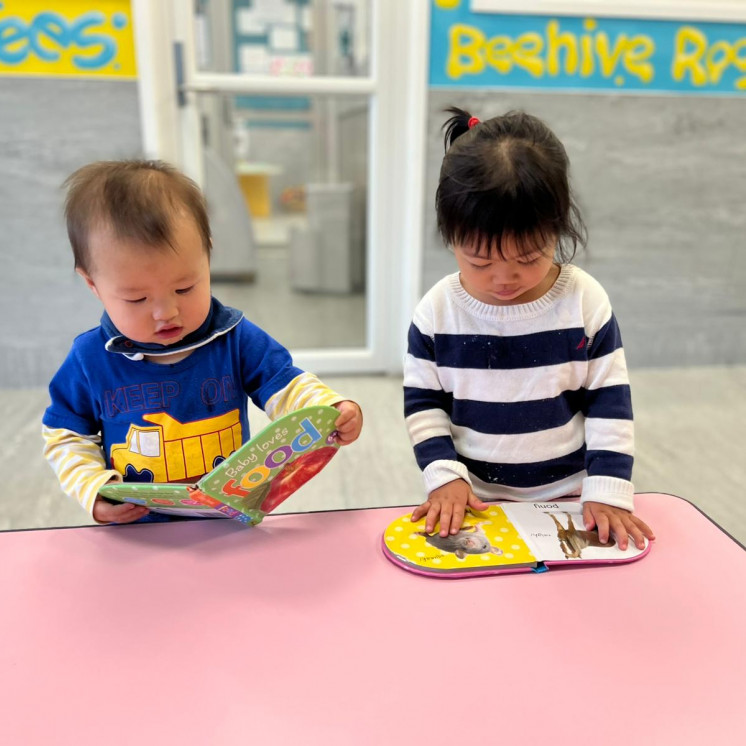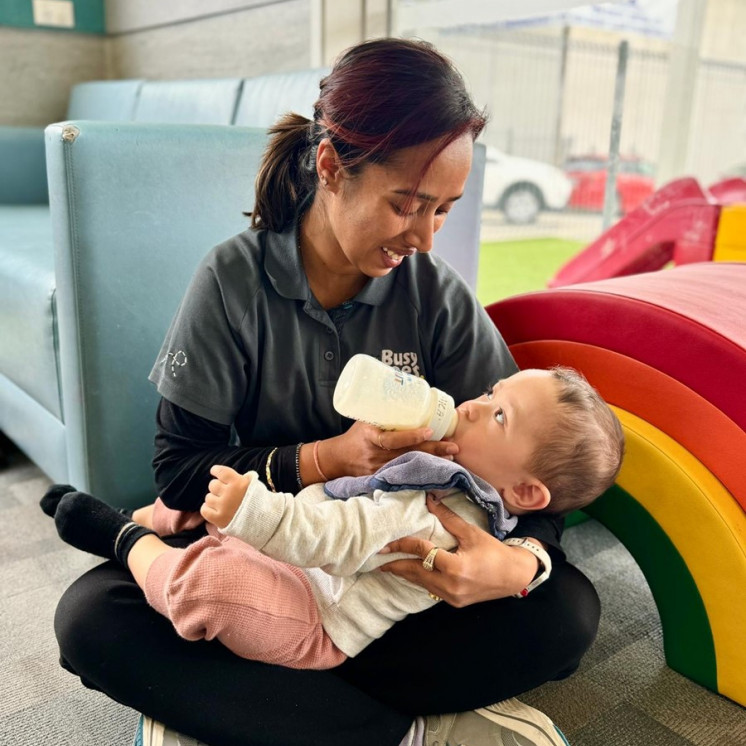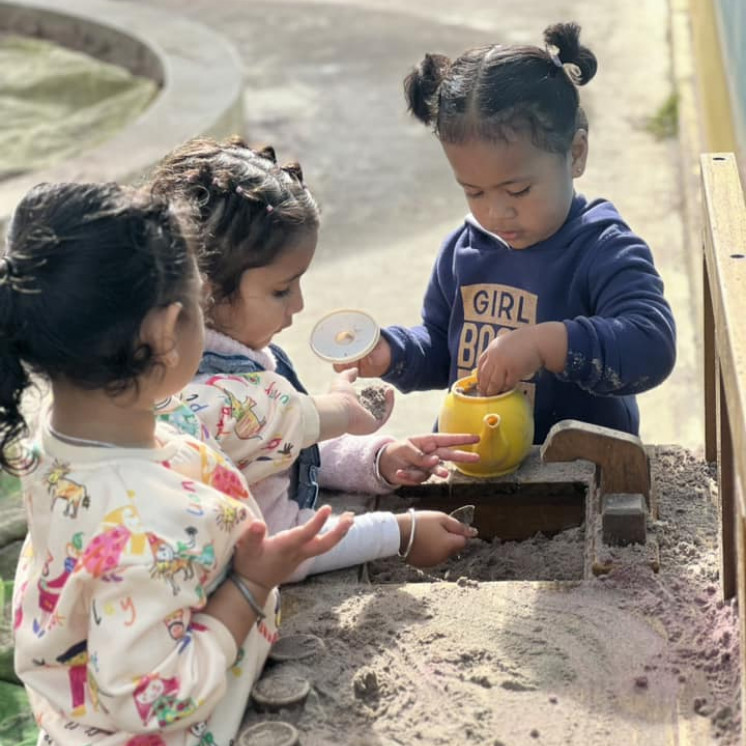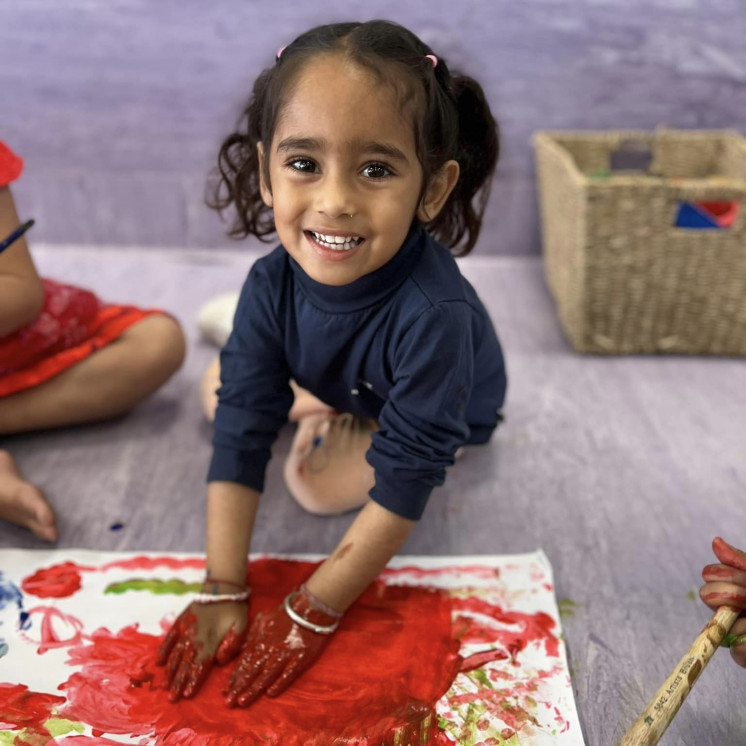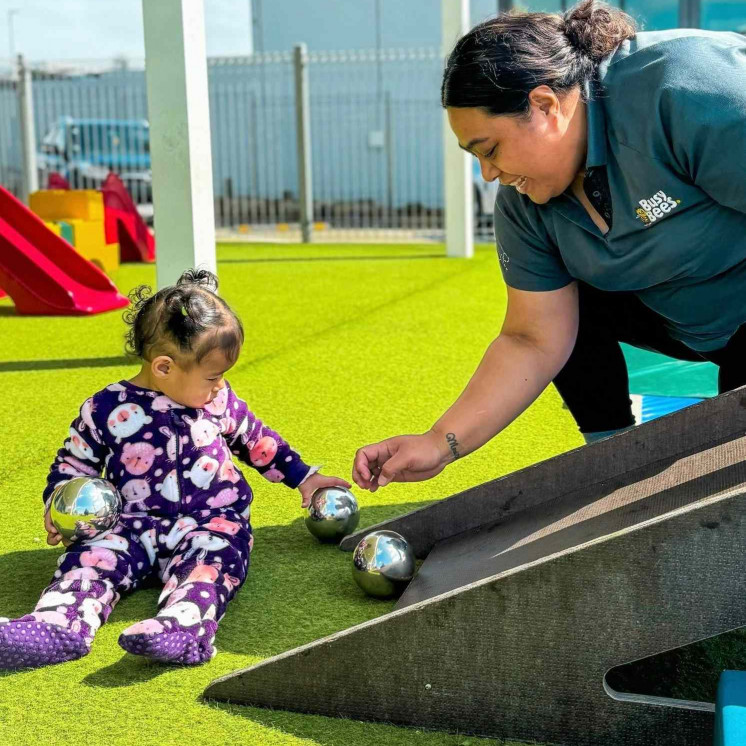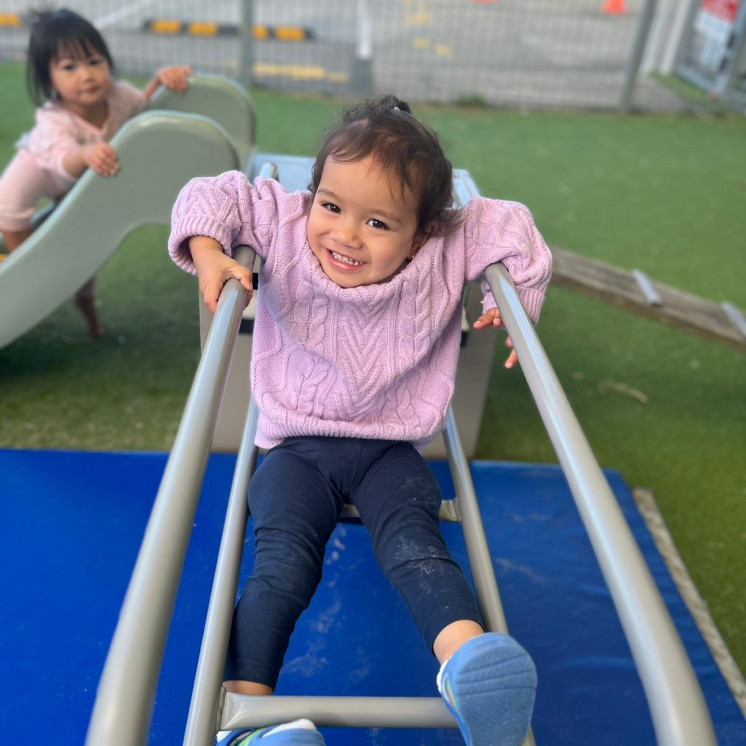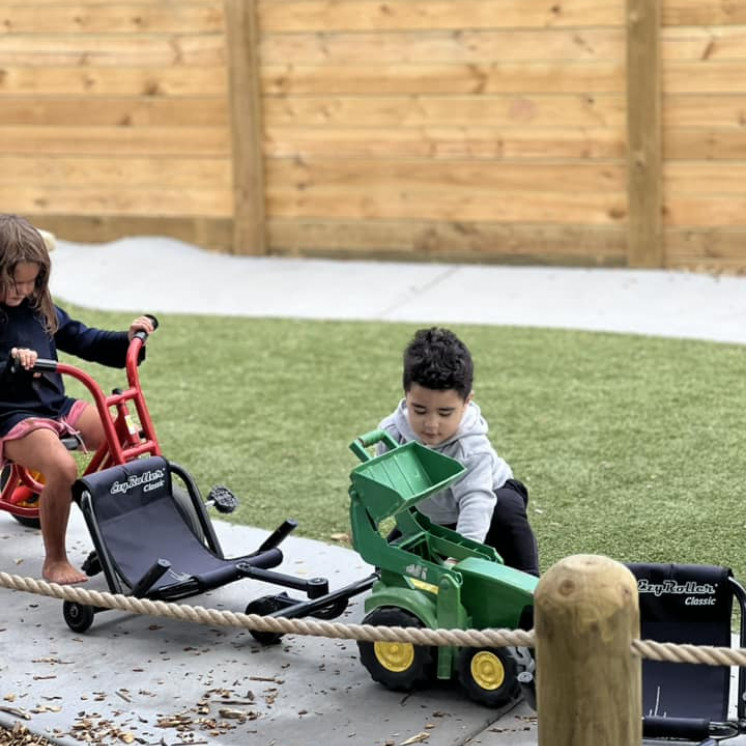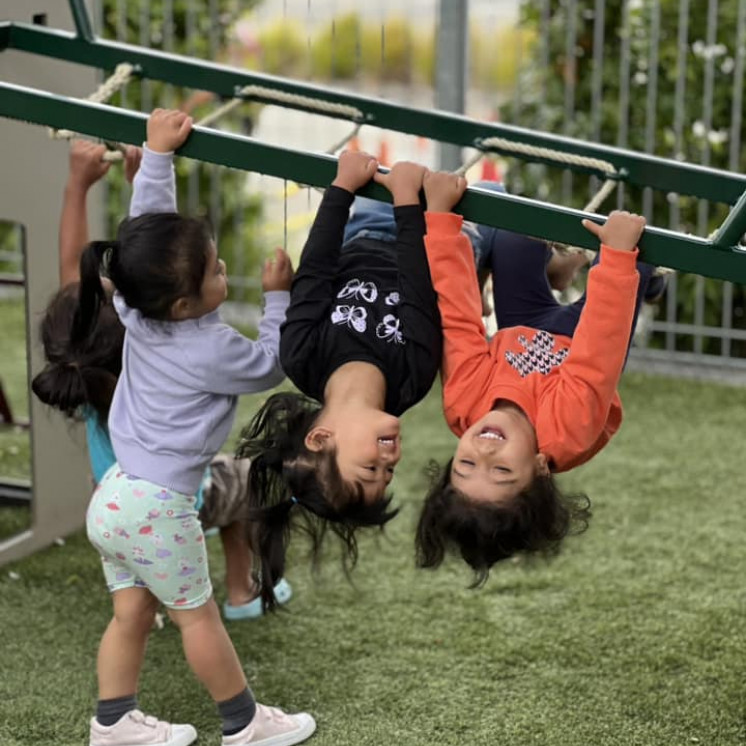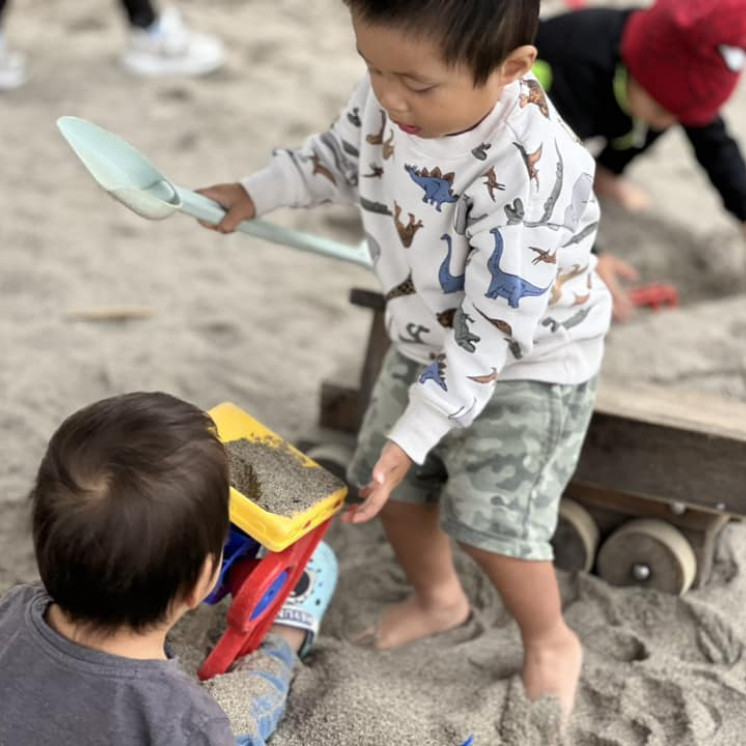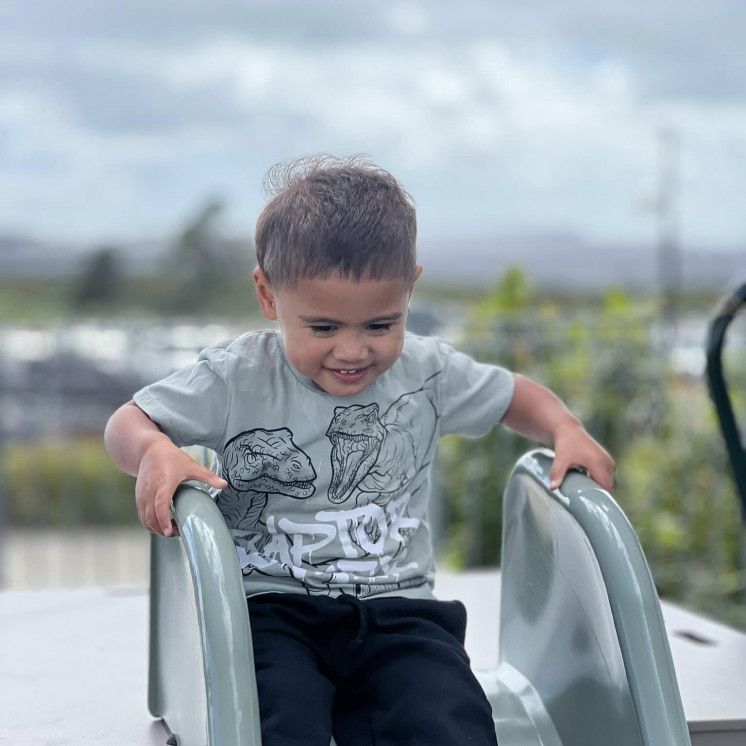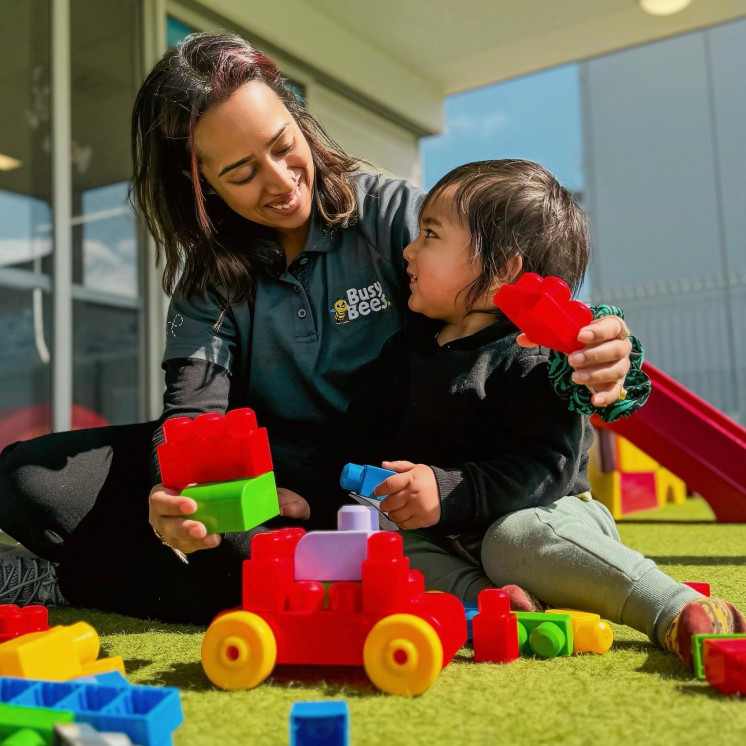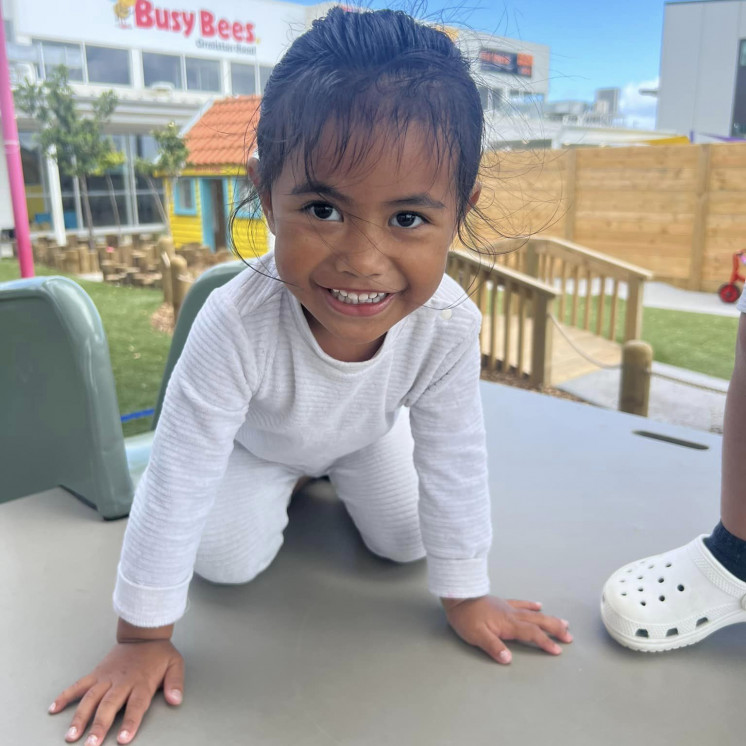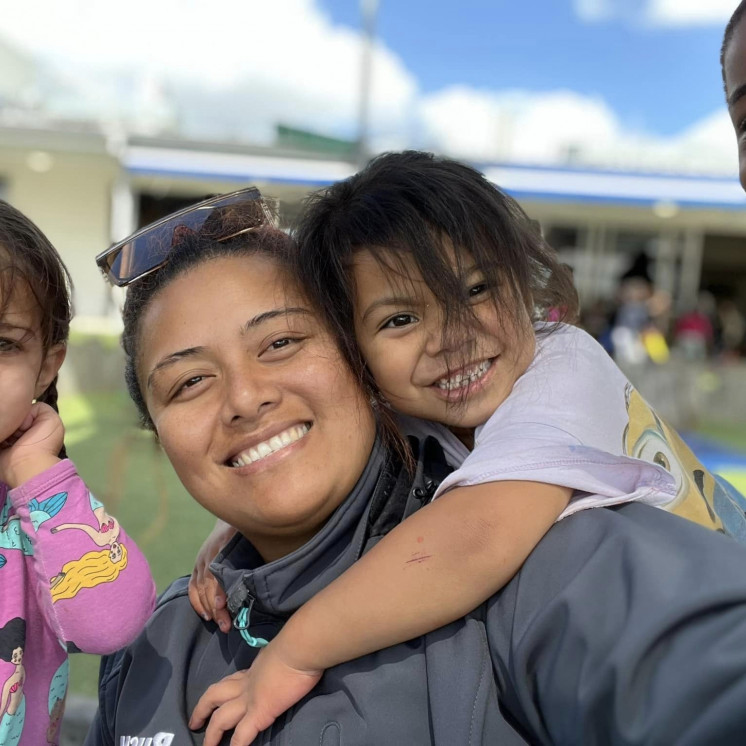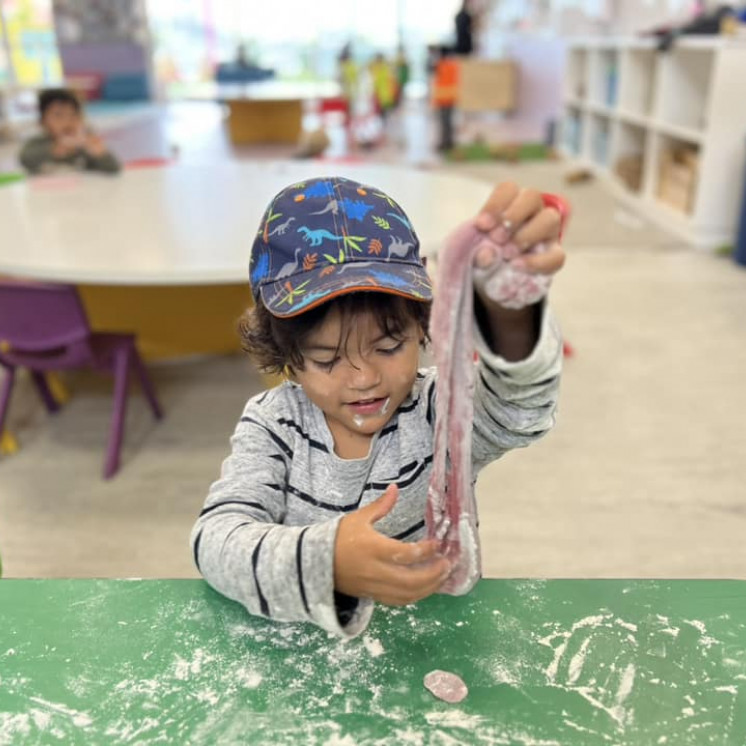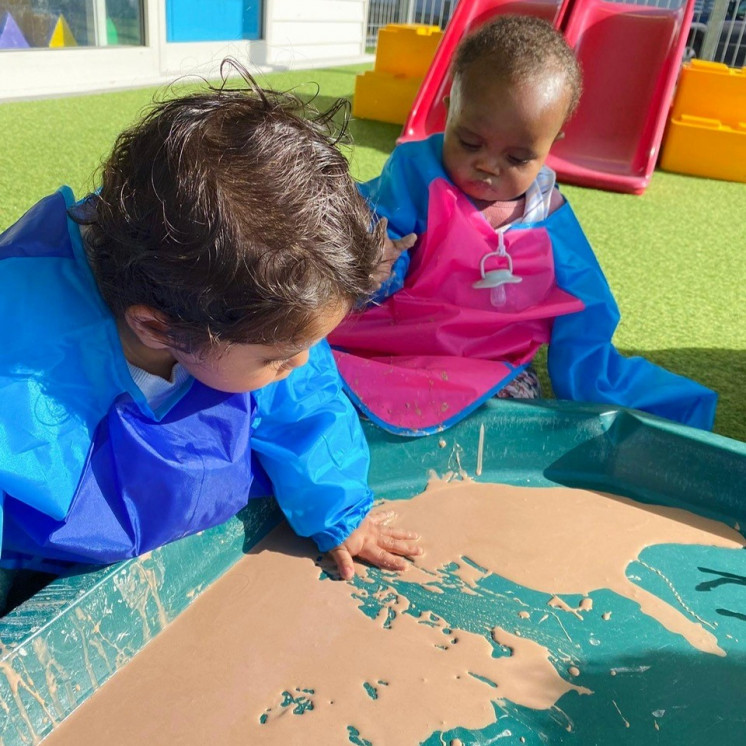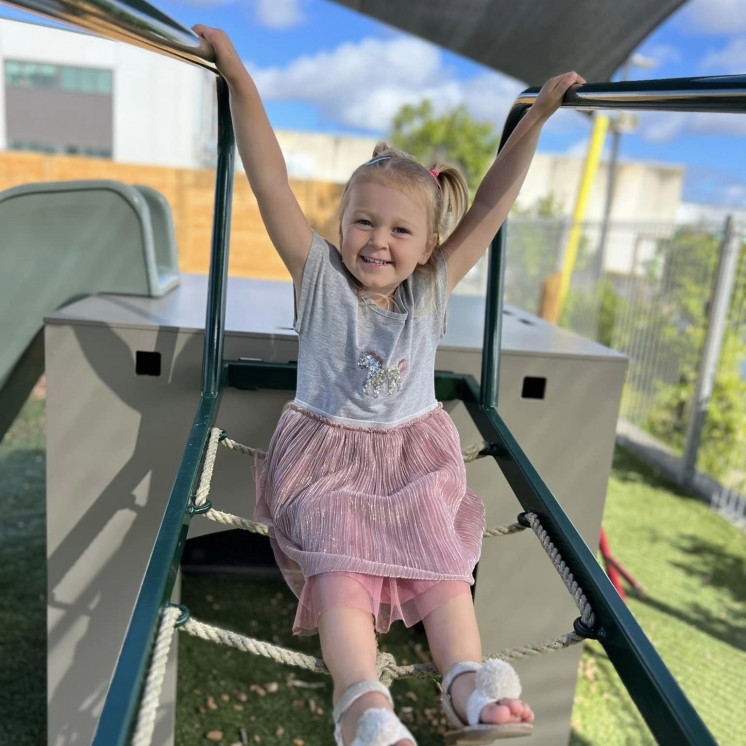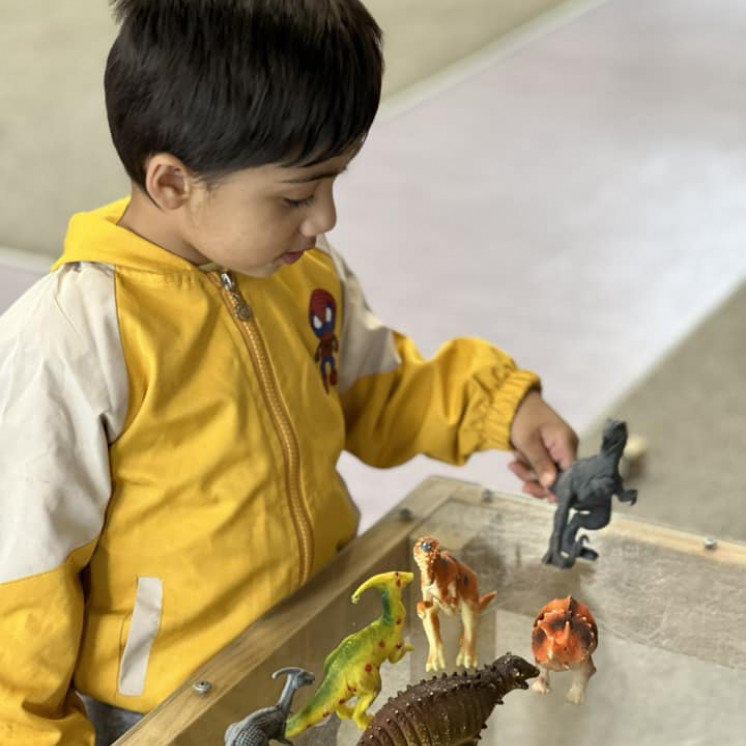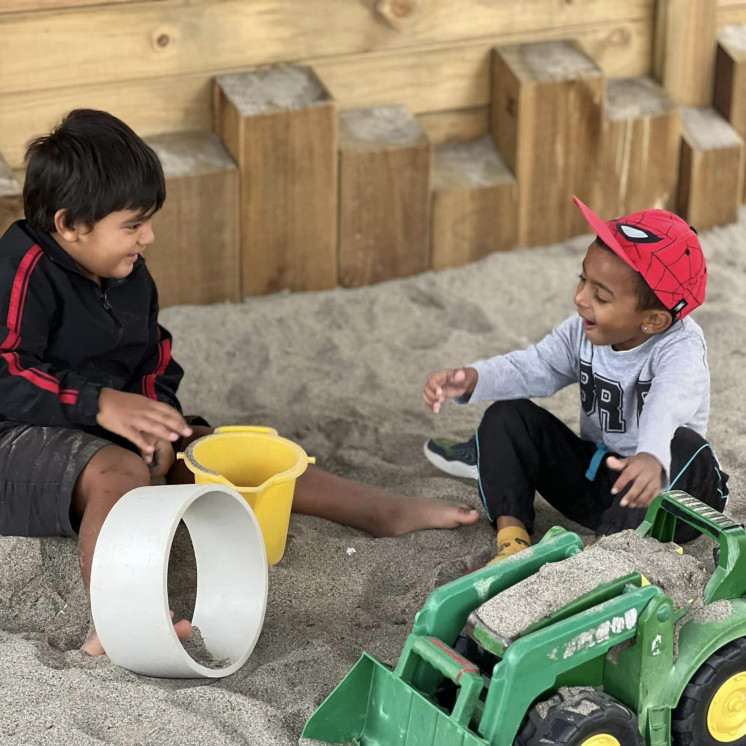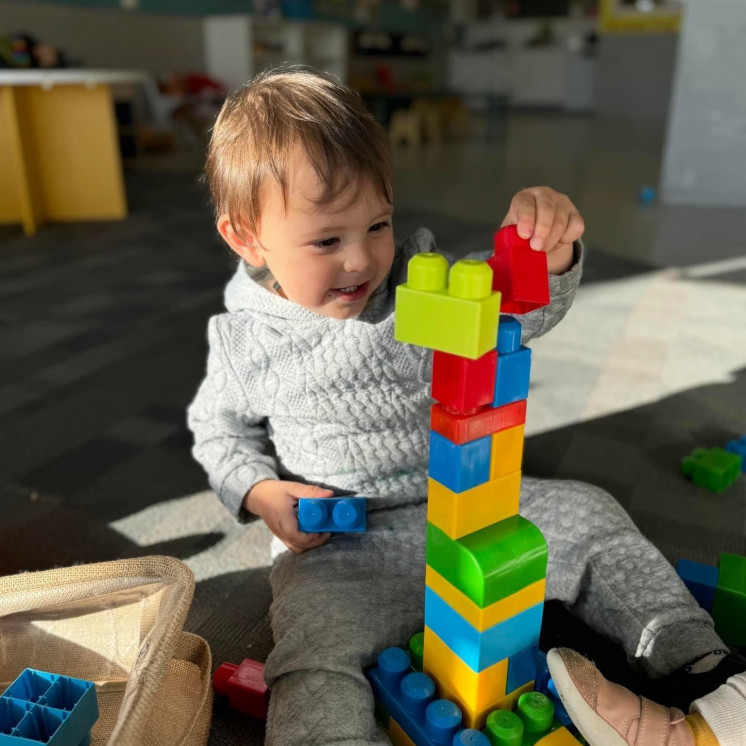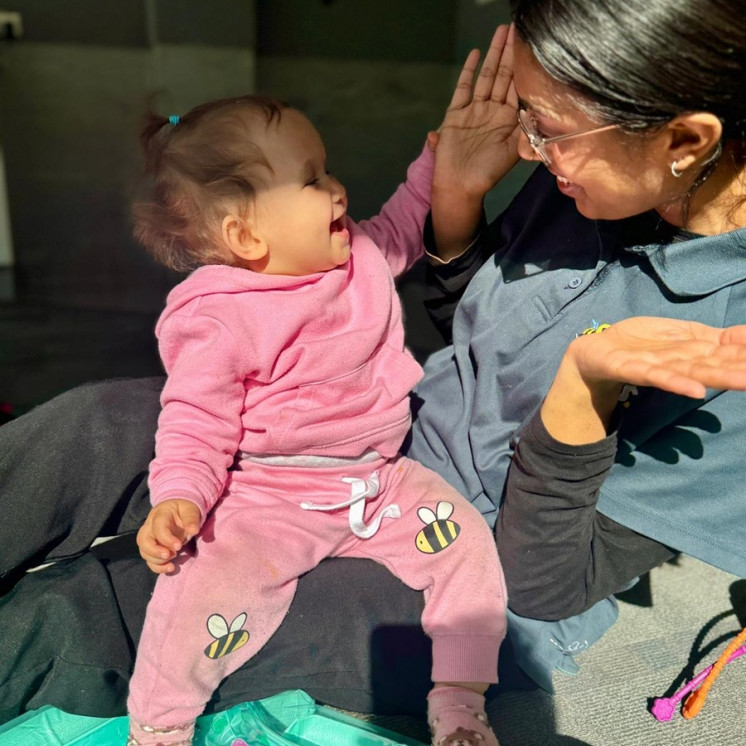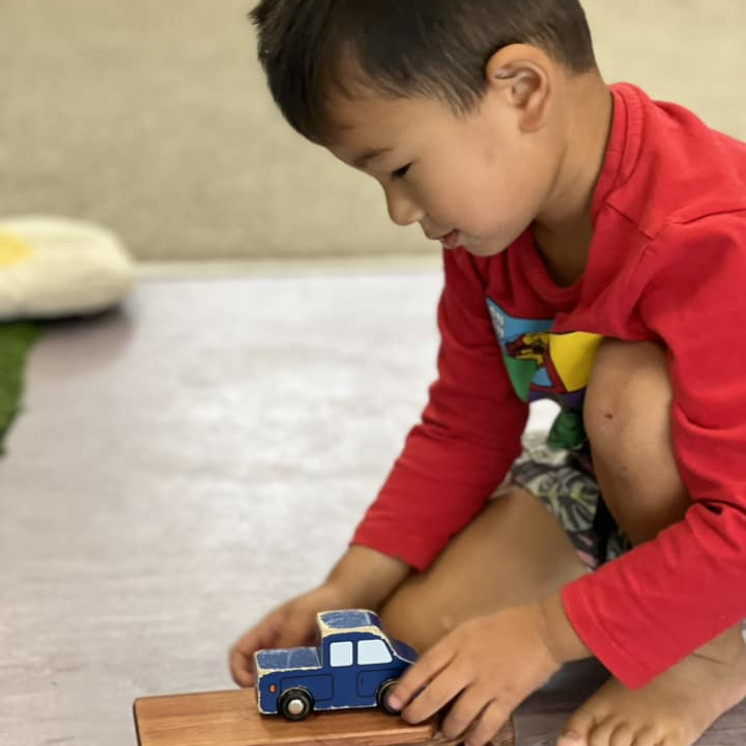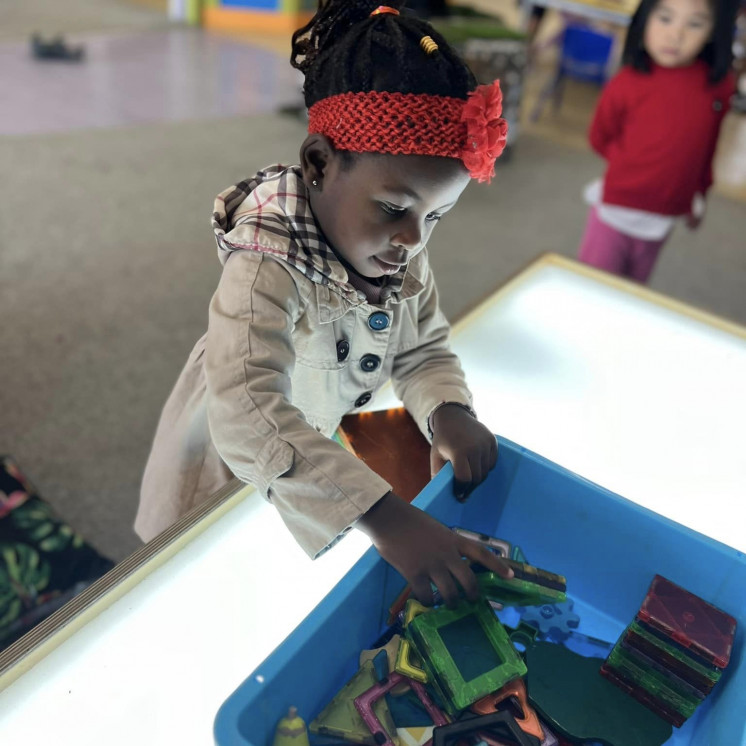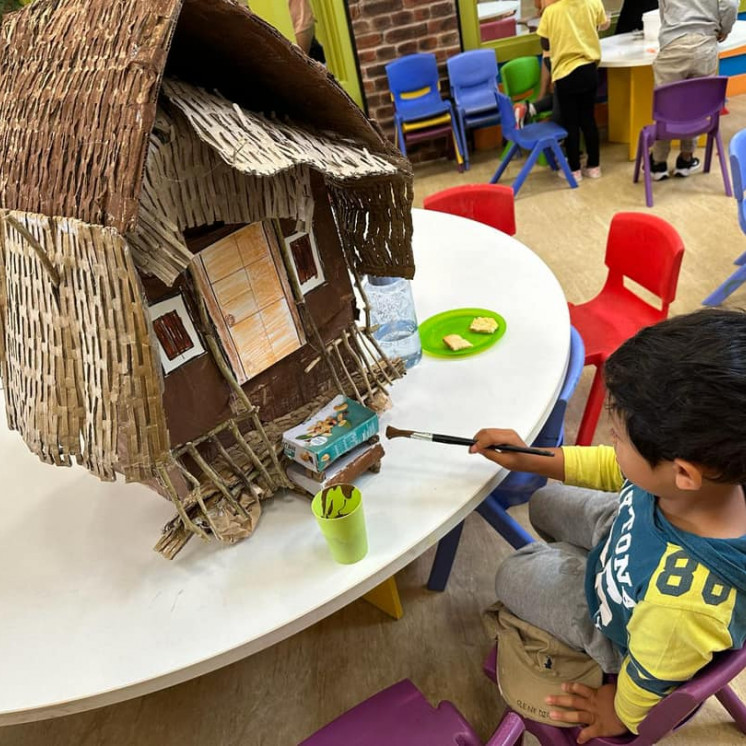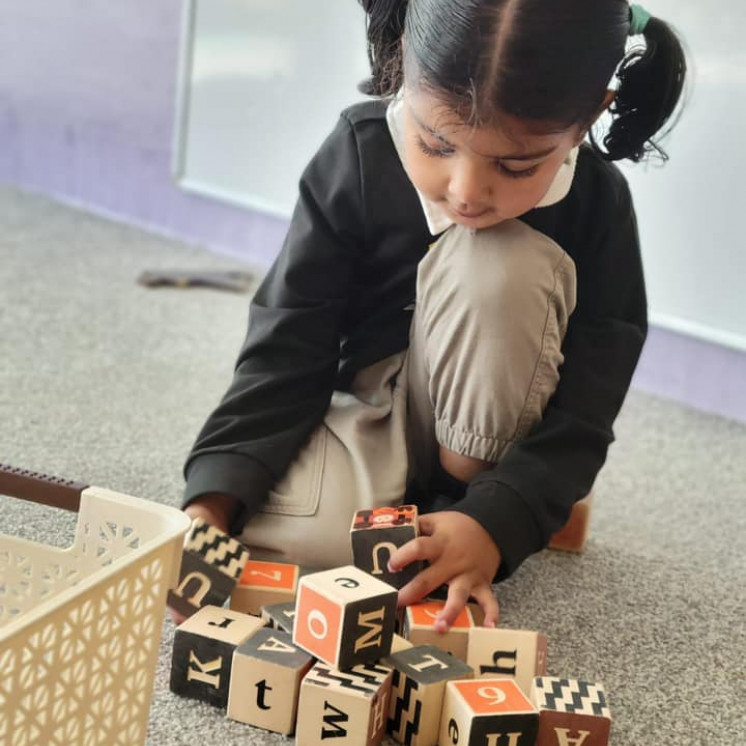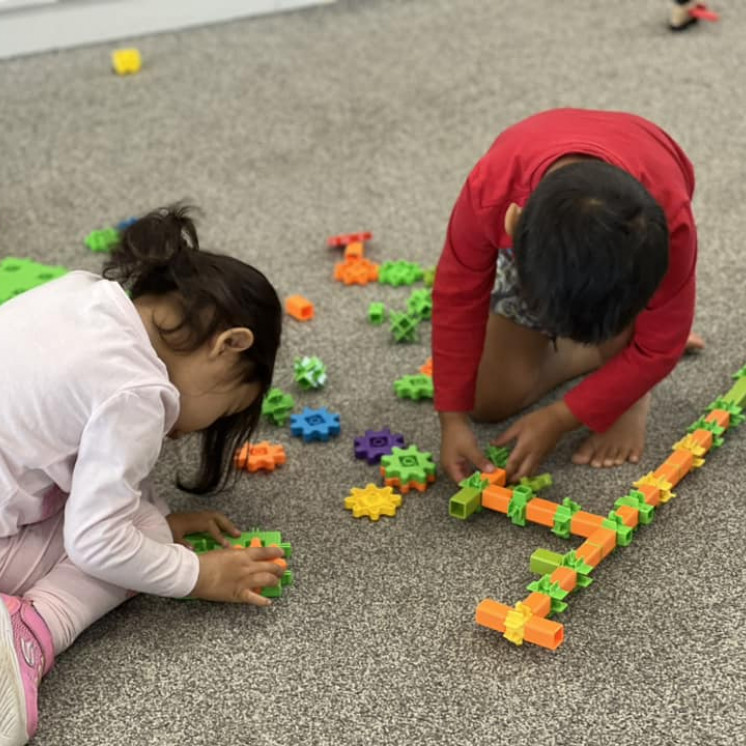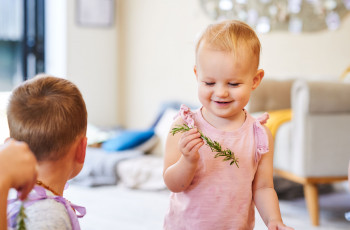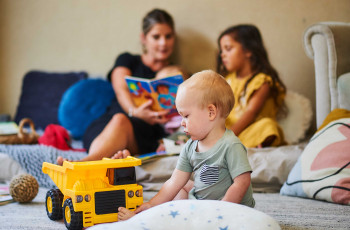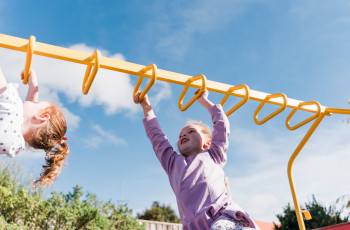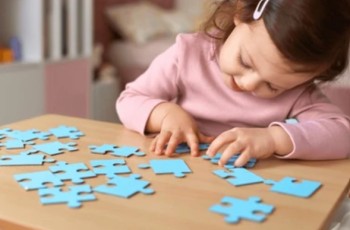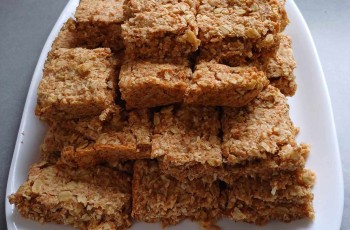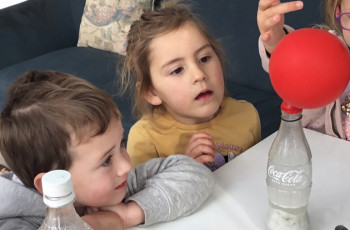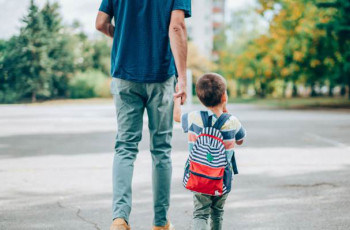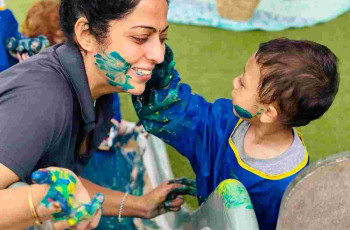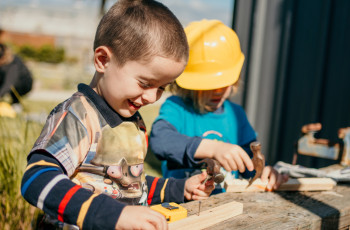
Hit enter to search or ESC to close
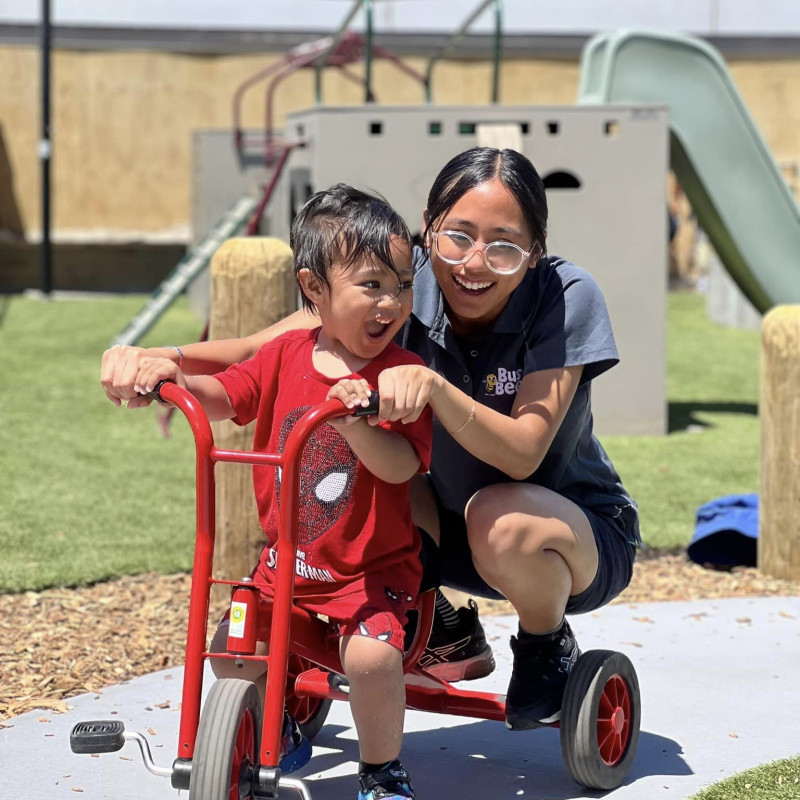
Our Approach
There are little conversations happening all over the centre, as our tamariki experience positive relationships with their kaiako, leading them to be confident in sharing their own ideas for extensions. Our teachers build on these conversations by listening and implementing their ideas wherever possible. By showing interest and responding to our tamariki we are building respectful and reciprocal relationships and continue to build on these.
We are a very multicultural early education centre and love to share culture throughout our curriculum. We value partnerships between whanau/parents to help extend the teacher’s knowledge of culture as well as the children.
We celebrate cultural days frequently, sometimes coinciding with cultural events like Samoan White Sunday, Indian Diwali, Māori Matariki, and other times simply for the joy of it. Our teachers put in a significant effort to prepare for these events, researching customs and ideas through discussions with parents, colleagues, and online resources. We encourage parents/whānau to participate in any way they can, whether it be through traditional dance performances or cooking cultural dishes.
Our regular cultural cooking days provide an opportunity for teachers, parents, and children to engage in cooking activities together while learning about different foods, tastes, textures, and cultural contexts. We also incorporate cultural words in our everyday language and wall displays, as well as cultural resources in our daily activities.
By embracing cultural diversity every day, we hope to foster a sense of belonging and mutual respect among our students, parents, and staff. We believe that this approach helps everyone feel valued and supported in our childcare environment.
Dietitian Designed Menus
Our inhouse cook provides freshly made meals for children each day using our Nourish menus and recipes, based on the New Zealand Heart Foundation Tohu Manawa Ora | Healthy Heart Award for Early Learning Centres. We believe that through nourishing food, children are fueled to thrive physically and mentally, whilst enjoying the benefits of coming together and connecting as a group at mealtimes.
Teachers also do regular baking with the children, which provides them opportunities to engage and learn a range of food preparations skills and fine motor movements such as pouring, sifting, spooning. It is a great hands on sensory experience for children to develop independence through self-help skills, practice simple maths as they measure and count quantities.
Fruit Trees and Vegetable Gardens
Our centre has vegetable gardens and fruit trees. These gardens help tamariki learn through hands-on activities, encourage them to work together to plant and harvest, and teach them where food comes from. They also help children develop a love for nature and care for the environment.
Worm Farms
We love our centre worm farm as it provides a hands-on educational tool for children, teaching them about composting, recycling, and the environment. This interactive activity fosters curiosity and responsibility as kids learn how organic waste can be transformed into nutrient-rich soil.
We proudly operate our own Busy Bees Ormiston centre van, allowing us to help support both new and existing families who require assistance with transport to and from the childcare centre. We also utilise this awesome resource for excursions out and about in our local Flatbush community!
Honey Pots/Beehives (0-2 years)
Our Nursery environment is based on building loving and trusting bonds between infants and teachers, who structure the day according to individual needs. Play is open-ended and full of fun as we embrace the unknown of how children explore and experiment with their ideas and theories of how the world around them works.
Kowhai (2 years)
Our Toddler environment is prepared to entice children’s curiosity and exploration where testing, trying and challenging are valued. We support childhood learning with a developmentally appropriate curriculum and are supportive of all children during this age of discovery and wonder.
Kauri (3 years)
We create an engaging and enriching learning experience tailored to the needs of this age group. We provide opportunities throughout the day for children to contribute to the curriculum, helping to make decisions about what is set up and share their ideas to slowly prepare our little ones for their next learning adventure.
Pohutukawa (4 years)
We support our tamariki with social and emotional competence at a time when they are ready to engage in meaningful play with others. We offer a school readiness programme that extends your little ones’ knowledge and introduces them to concepts and experiences they may encounter in a school setting.
School readiness programme
Our purposefully designed Transition to School Programme equips children with the essential knowledge and skills they need for this next step, allowing them to make a seamless and successful move to primary. The main areas that we focus on are self-help and regulation skills, numeracy and literacy, name recognition and fine/ gross motor development. We work to make some aspects of school more familiar and practice the values seen within our school communities.
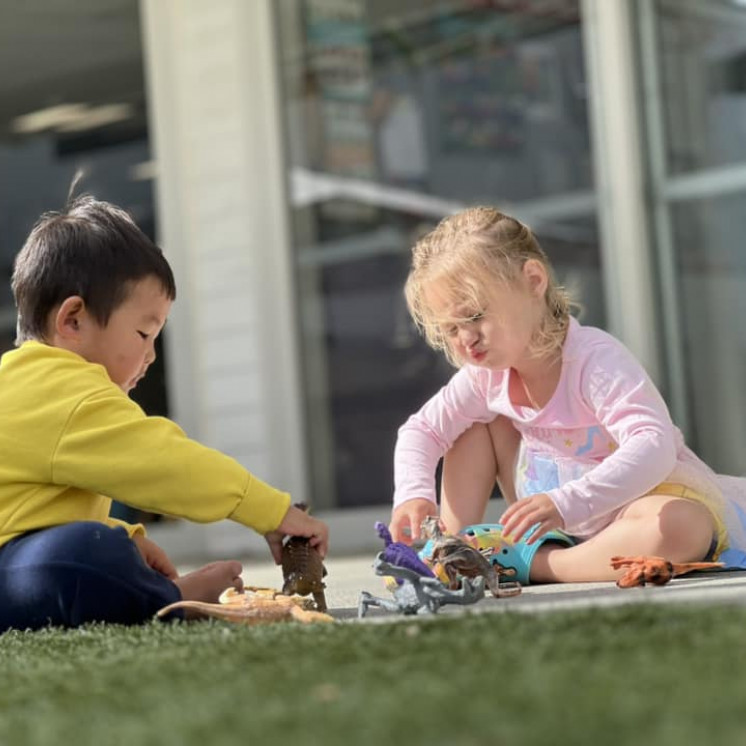
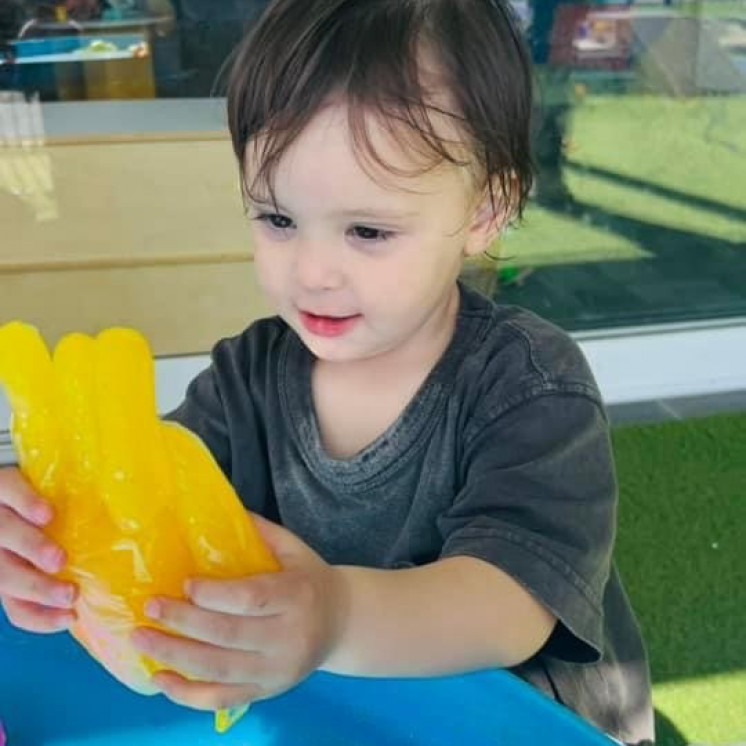
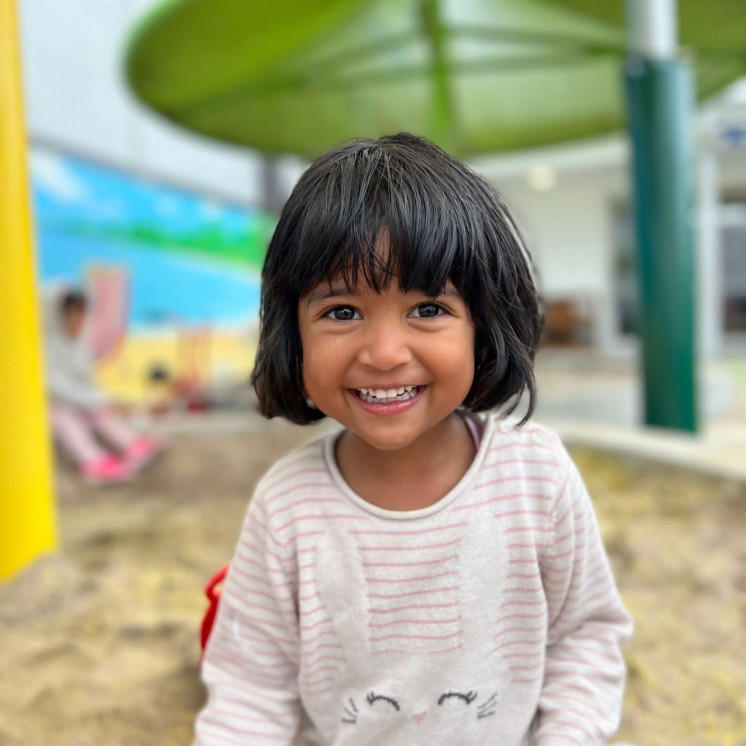
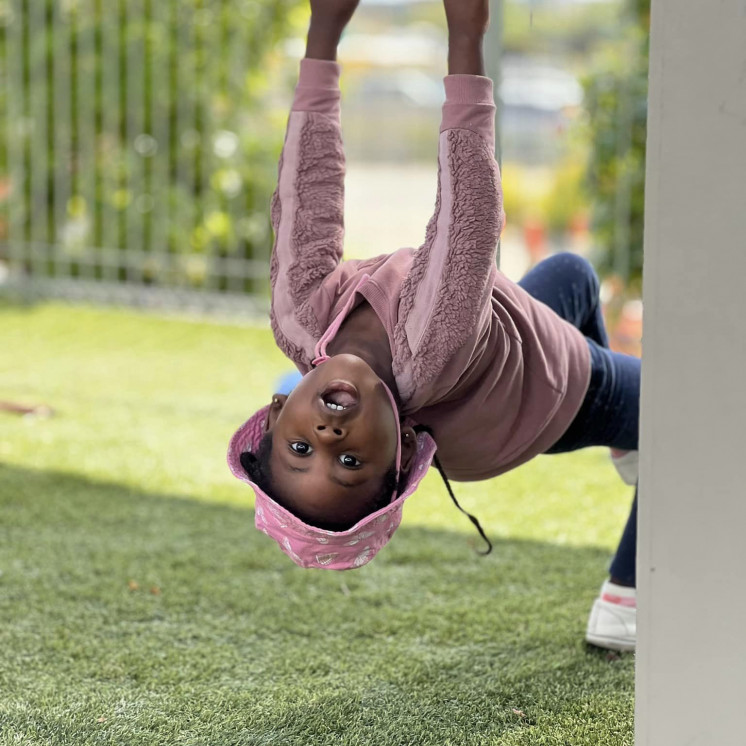
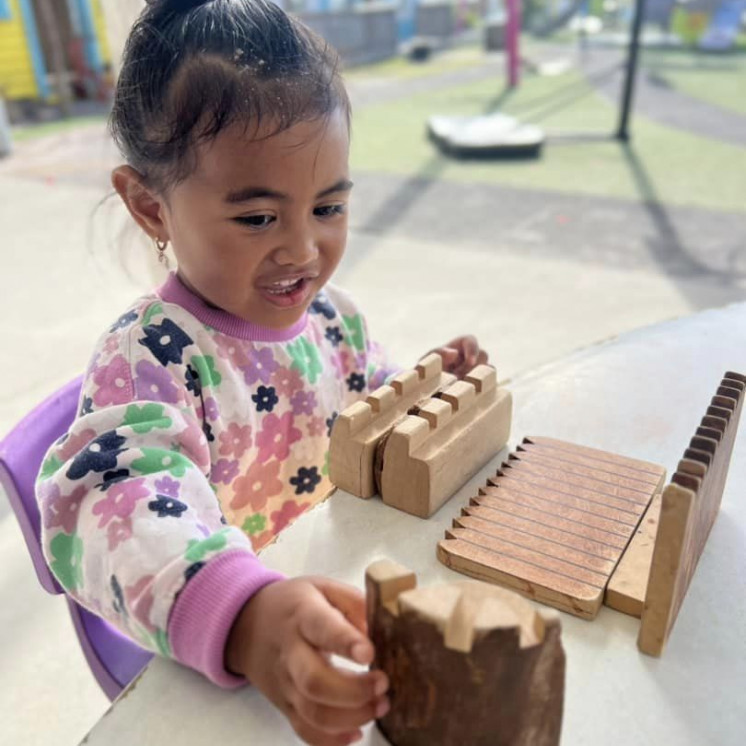
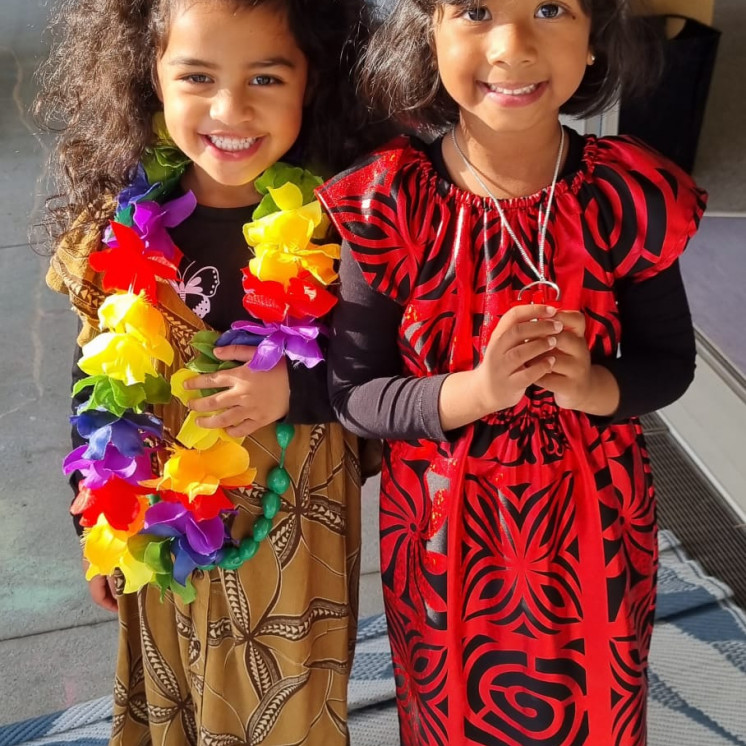
The latest buzz
Show allTestimonials






